
World
12:58, 22-Nov-2017
Russia, Iran, Turkey convene Sochi summit on Syria
By Sim Sim Wissgott
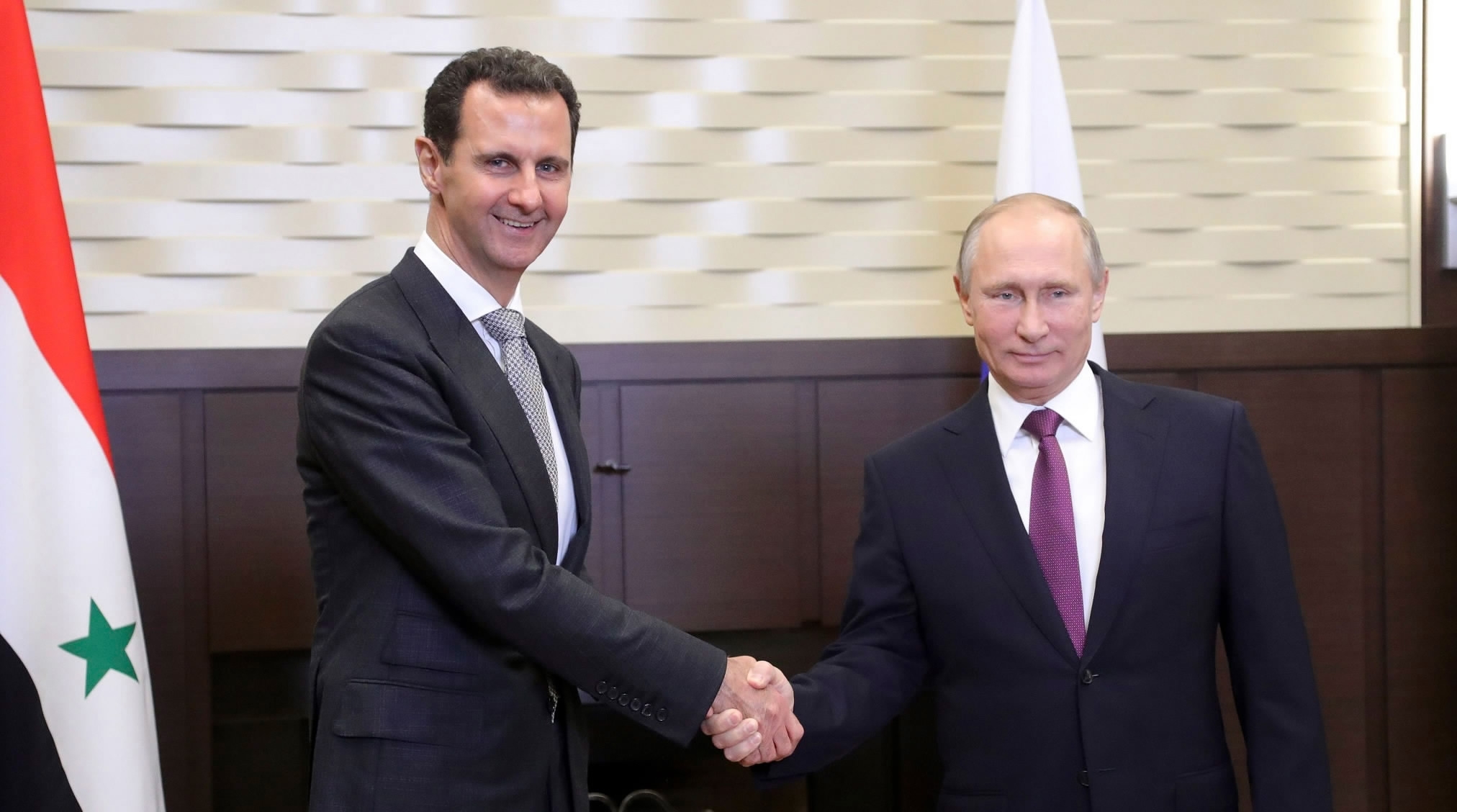
The presidents of Russia, Turkey and Iran met Wednesday in the Russian Black Sea resort of Sochi to discuss how to resolve the six-year civil war in Syria.
What are the main issues at stake? And what have previous talks achieved? Here is a quick summary.
The players
Wednesday’s meeting will bring together Russian President Vladimir Putin, Turkish President Recep Tayyip Erdogan and Iranian President Hassan Rouhani.
The three countries have been seeking a political solution to the conflict in Syria, sponsoring so-called Astana talks – named after the capital of Kazakhstan, where they are often held – with the Syrian government and opposition groups.
These talks are separate from UN-sponsored Syria negotiations, which are scheduled for a new round on November 28 in Geneva.
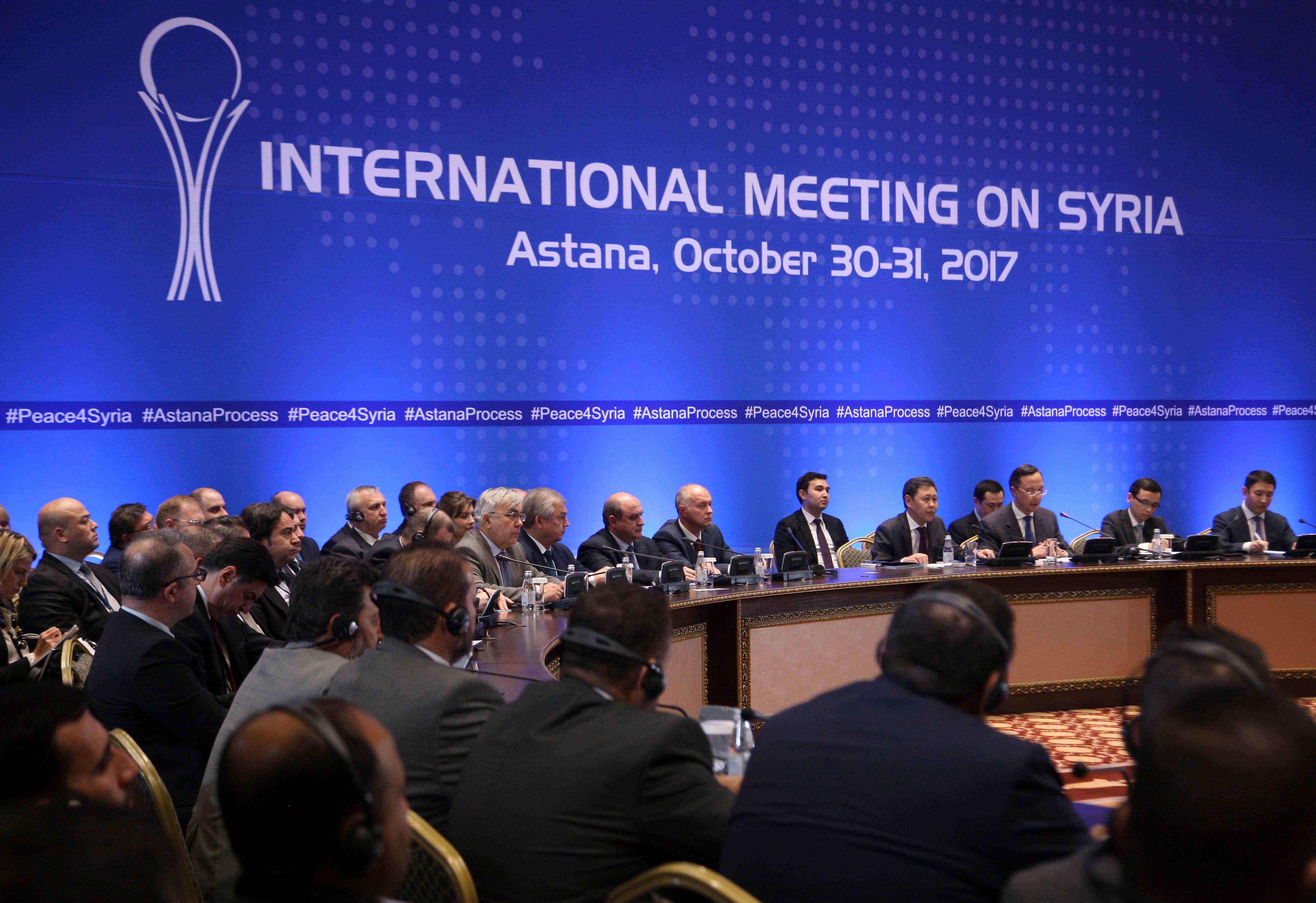
Members of the delegations take part in the peace talks on Syria in Astana,
Kazakhstan, October 31, 2017. /Reuters Photo
Members of the delegations take part in the peace talks on Syria in Astana, Kazakhstan, October 31, 2017. /Reuters Photo
Throughout the fighting, Russia and Iran have sided with Syrian President Bashar al-Assad. Turkey on the other hand has supported the rebels looking to overthrow Assad’s government.
De-escalation and dialogue
Moscow, Tehran and Ankara have backed so-called de-escalation zones in northwestern and southwestern Syria to end the violence.
However, fighting has flared up again in Idlib Province, in one of the zones, and this will certainly be on the agenda of Wednesday’s meeting, Russian news agency TASS reported.
The delivery of humanitarian aid to affected populations is also among the priorities to be discussed, according to officials.
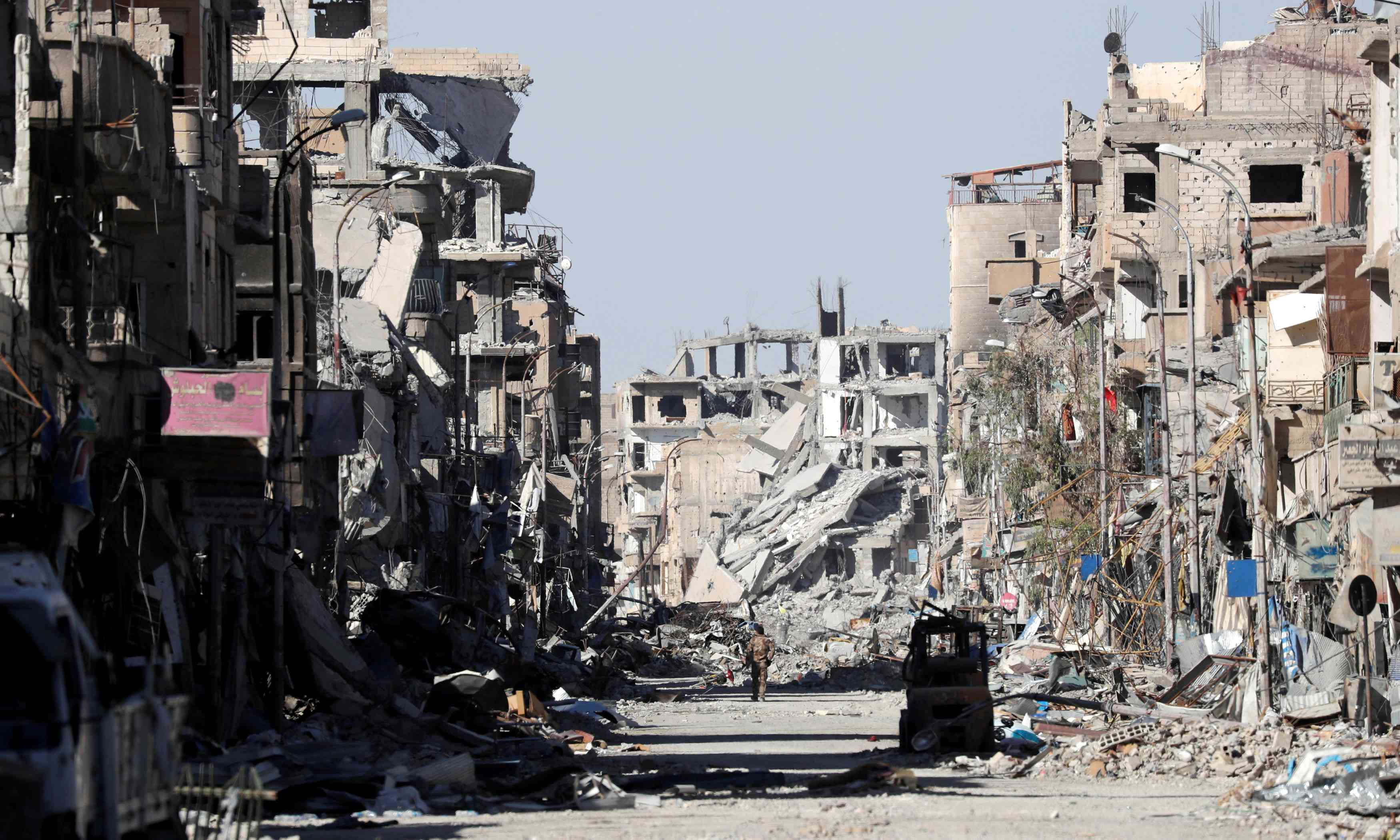
The ruins of
buildings near the Clock Square in Raqqa, Syria, October 18, 2017. /Reuters Photo
The ruins of buildings near the Clock Square in Raqqa, Syria, October 18, 2017. /Reuters Photo
Even as the fighting continues, the focus has increasingly turned to finding a political solution to the Syrian conflict, and the Sochi summit will help "relaunch direct negotiations between the Syrian government and the range of the opposition", Russian Foreign Minister Sergei Lavrov said.
Participants at the last round of Astana talks in October already discussed a Syrian national dialogue that would bring together all political factions.
Among the questions that need to be resolved is what to do with Assad: Opposition groups won’t agree to a political settlement where he remains in power.
Whether a transfer of power can take place and what form it takes is thus a pressing concern. A new constitution for Syria and elections are to be discussed at the next round of UN talks.
Challenges ahead
"The Astana talks achieved positive results," Turkish Foreign Minister Mevlut Cavusoglu said Sunday after meeting with his Russian and Iranian colleagues.
"We have come a long way with Russia, especially in terms of the establishment of peace on the field and forming de-escalation zones," he was quoted by Xinhua News Agency, adding that the situation was "much better compared to last year."
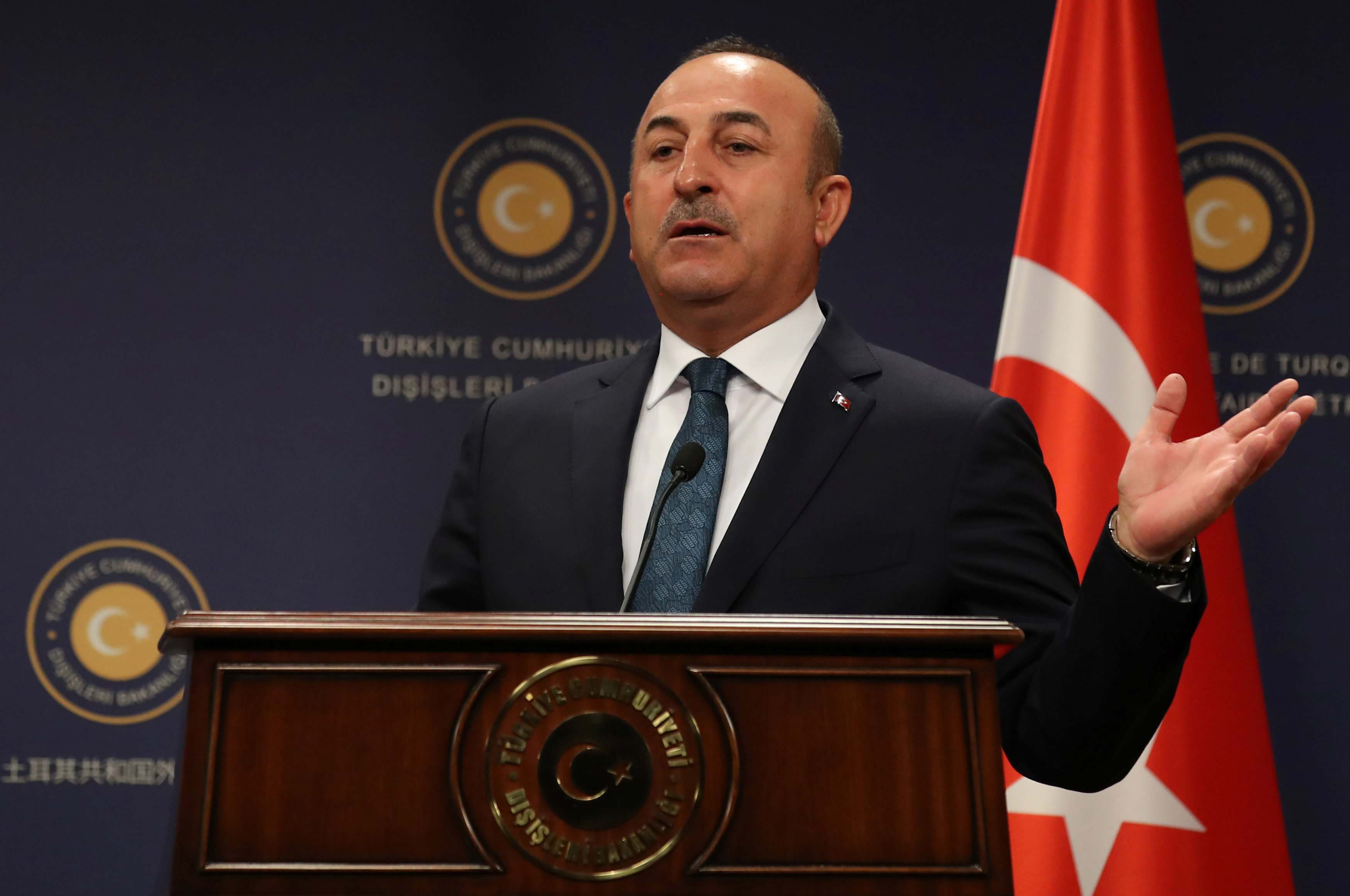
Turkish Foreign Minister Mevlut Cavusoglu speaks at a news conference in
Ankara, Turkey, October 24, 2017. /Reuters Photo
Turkish Foreign Minister Mevlut Cavusoglu speaks at a news conference in Ankara, Turkey, October 24, 2017. /Reuters Photo
Hurdles remain however.
"We now have to concentrate on a political process, while continuing to target terrorist organizations like DAESH (ISIL)," Cavusoglu said.
ISIL militants have been losing ground in recent months, amid renewed efforts by the Syrian army and the US-backed Syrian Democratic Forces (SDF).
But Putin admitted Monday: "We still have a long way to go before we achieve a complete victory over terrorists."
Disagreement also remains between the parties.
Moscow has warned Syrian opposition groups they will be marginalized if they don’t join a Syrian national dialogue.
Ankara meanwhile disagrees with Moscow and Tehran on Assad’s future. "It is clear that he is not the person to lead Syria to a democratic and all-inclusive rule," Erdogan’s spokesman Ibrahim Kalin wrote in a recent commentary in the Daily Sabah newspaper.
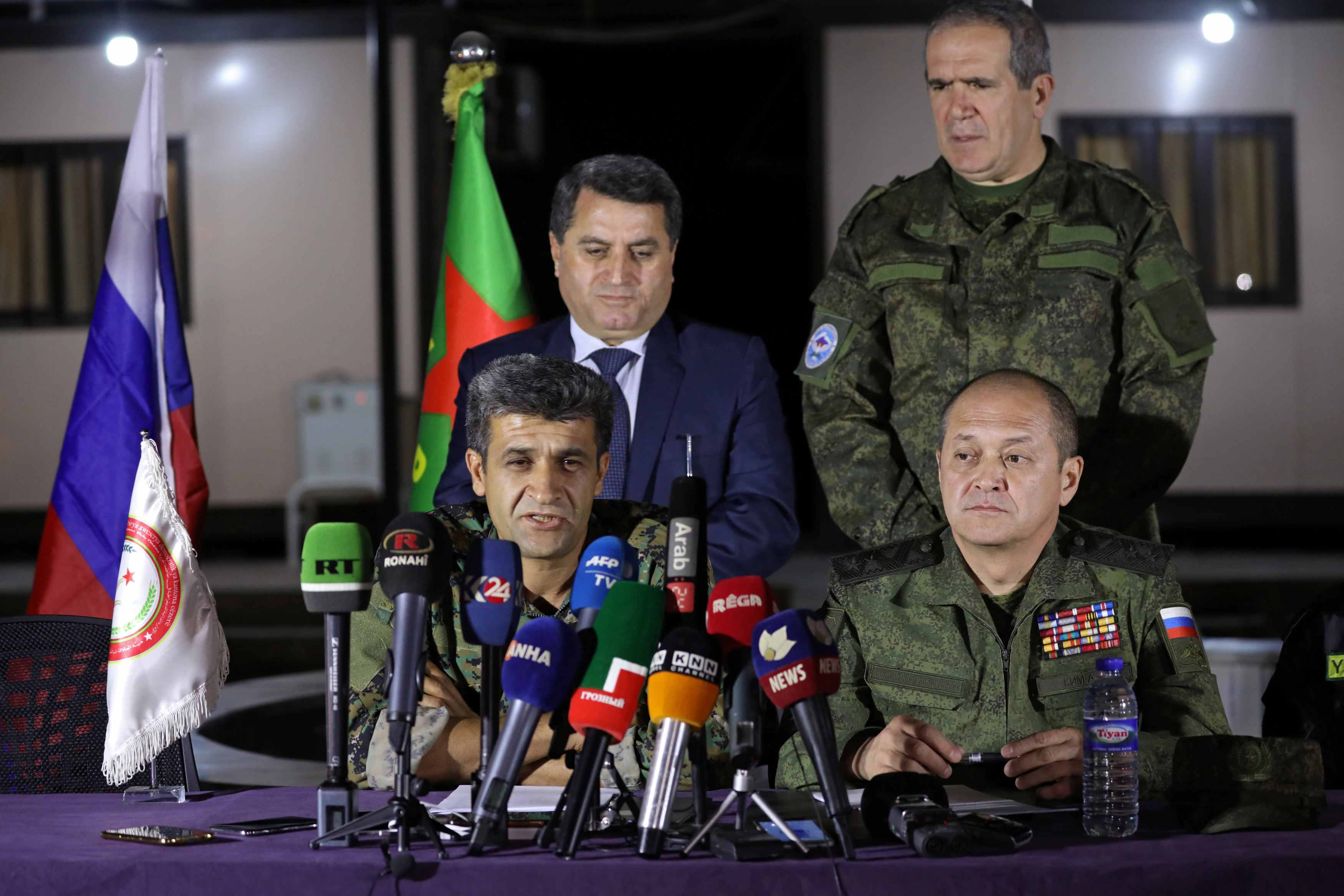
Nouri Mahmoud, spokesman for the Kurdish People's Protection Unit (YPG),
speaks during a news conference with Russian Lieutenant General Alexei Kim as
Abdel Karim Omar and Ziad Sabsabi of the YPG stand, in Qamishli, Syria, November
12, 2017. /Reuters Photo
Nouri Mahmoud, spokesman for the Kurdish People's Protection Unit (YPG), speaks during a news conference with Russian Lieutenant General Alexei Kim as Abdel Karim Omar and Ziad Sabsabi of the YPG stand, in Qamishli, Syria, November 12, 2017. /Reuters Photo
The Astana partners are also at odds over whether to involve Kurdish fighters - who have played a key role in the fight against ISIL – in peace talks. The Kurdish YPG militia has links with PKK Kurdish separatists in Turkey, which Ankara considers a terrorist group.
Frenzy of talks
Aside from the Sochi summit, Syrian opposition groups are meeting in Riyadh Wednesday to find a consensus ahead of next week’s UN talks.
Putin also met Monday with Assad, who "confirmed his commitment to the political process, (and) conducting constitutional reform and presidential and parliamentary elections," according to the Kremlin.
An estimated 330,000 people have been killed and millions have been forced to flee their homes since the start of the conflict in March 2011.
6148km

SITEMAP
Copyright © 2018 CGTN. Beijing ICP prepared NO.16065310-3
Copyright © 2018 CGTN. Beijing ICP prepared NO.16065310-3